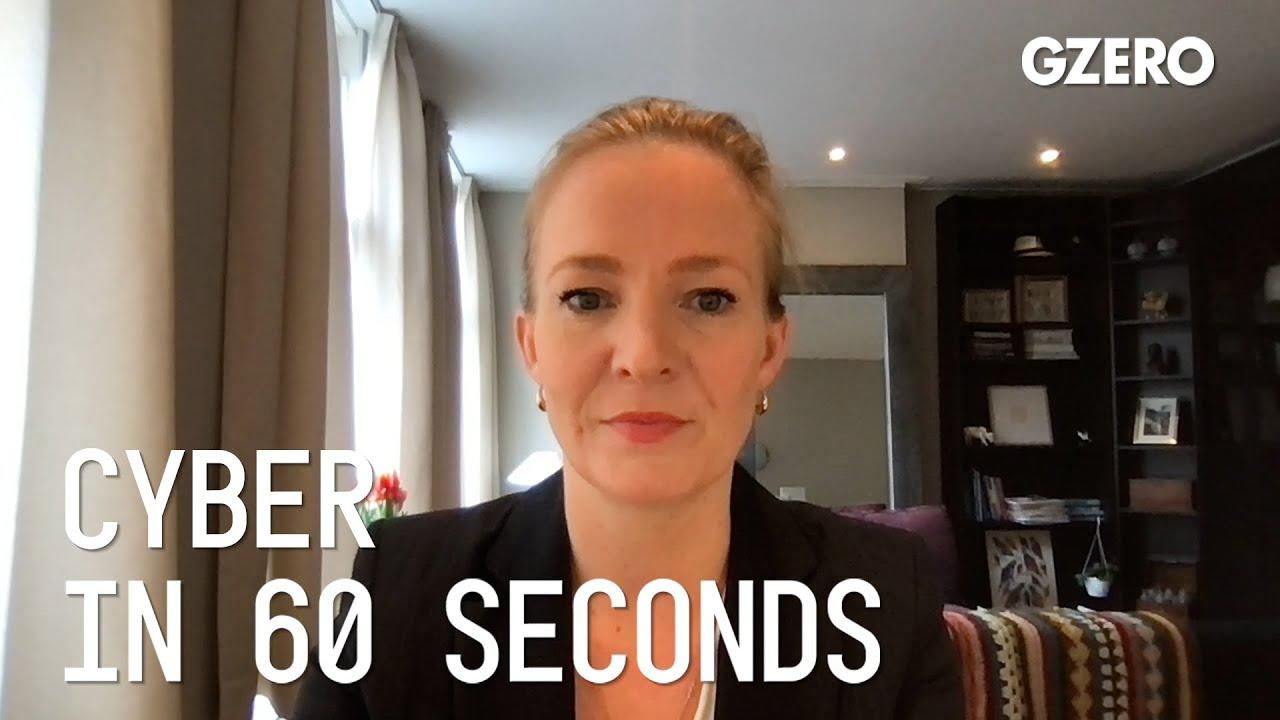
Get insights on the latest news about emerging trends in cyberspace from Marietje Schaake, International Policy Director at Stanford University's Cyber Policy Center and former European Parliamentarian.
Have you seen the Tom Cruise deepfake and how dangerous is this technology?
Well, I did see the deepfake with Tom Cruise and it certainly looked more convincing than ones I'd previously seen with President Obama, Vladimir Putin, or Donald Trump. Clearly, this technology is growing more sophisticated and deepfakes more convincing. And it's dangerous when people cannot tell authentic, trustworthy messages from deceptive and manipulated ones. With AI generated text, we know that people cannot distinguish machine generated from human generated.
What is being done to combat such convincing forms of misinformation?
Well, there is a cat and mouse race to also advanced technologies that can help detect deepfakes, identify them. And additionally, regulation or clarification of rules may also help because impersonation is often already illegal, particularly when it comes to public officials. And ensuring that there is accountability and discouraging people to use deepfakes for fun or advertising stuff will hopefully create a norm towards trust. Building instead of breaking trust is essential not only for the use of technology, but for societies as a whole.